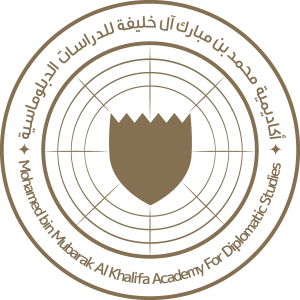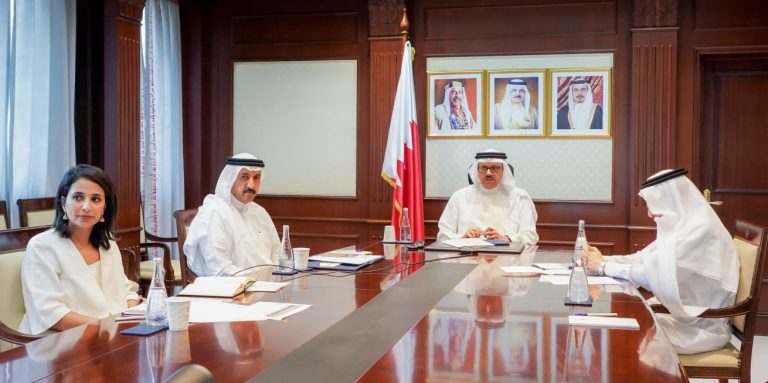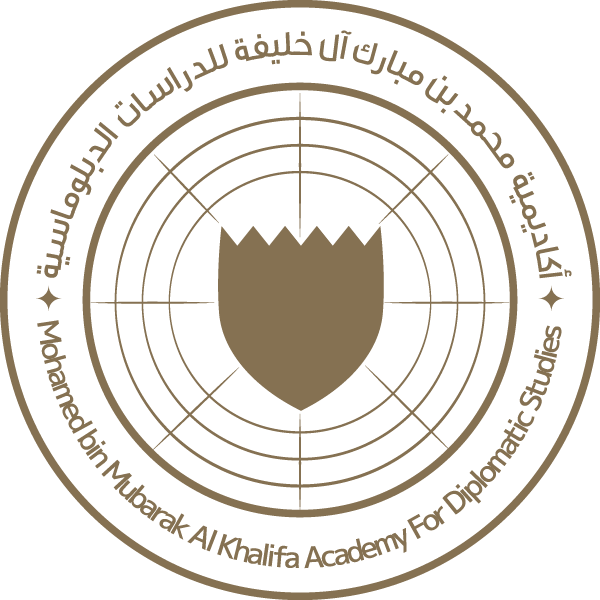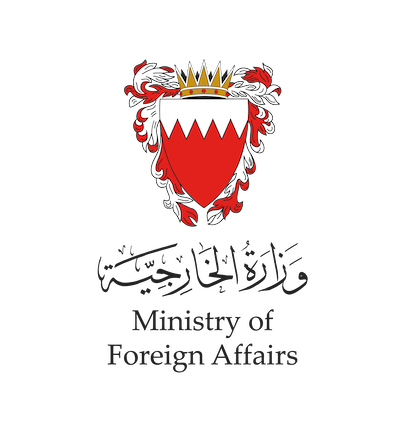The Mohammed bin Mubarak Al Khalifa Academy for Diplomatic Studies concluded the first edition of the Model United Nations program, which was held virtually, in collaboration with the Ministry of Youth and Sports Affairs, and targets university students in GCC countries.
The Model United Nations program is a prominent leadership program that covers various issues of the international community at the present time, which contributes to expanding the perceptions of young people towards a broader global perspective.
The training program included several introductory lectures and workshops, through which the participant is taught important topics and basic skills.
The duration of the program is 6 weeks, two lectures per week, with the participation of 27 students, including 8 participating students from the GCC and 19 participating students From the Kingdom of Bahrain.
The main objective of the program is to establish global citizens who can interact on an international level with people of various cultures and backgrounds and develop their skills of engagement and political activism, cultural empathy, respect for diversity, and the ability to reconcile conflicts amicably. The program featured important speakers including the Undersecretary of the Ministry of Foreign Affairs for International Affairs, H.E. Dr. Shaikh Abdullah bin Ahmed Al Khalifa, the Executive Director of the Mohammed bin Khalifa Academy Mubarak Al Khalifa for Diplomatic Studies, H.E. Dr. Shaikha Muneera bint Khalifa Al Khalifa, the Director of the Organizations, H.E. Ambassador Fatima Abdullah Al-Dhaen, the Acting Resident Coordinator and Resident Representative of the United Nations Development Program to the Kingdom of Bahrain, H.E. Stefano Pettinato, Advisor Dr. Wejdan Fahd Ashour, First Secretary Mr. Ahmed Mohamed Al-Tarifi, and MBMA academic expert Dr. Eric Corthay.
Among the most important outcomes of this training program are providing participants with public speaking and negotiation skills, promoting leadership and initiative skills, attracting young people’s interest in international community issues, training participants on research skills and urging them to be creative, and creating an opportunity to represent countries that differ completely in their values, cultures and nature, which promotes a culture of accepting others.
The program also included a set of training programs such as the Kingdom of Bahrain’s partnership with the United Nations, research methods and data collection, how to draft decisions and proposals, international law, and the United Nations Sustainable Development Goals (SDGs).





